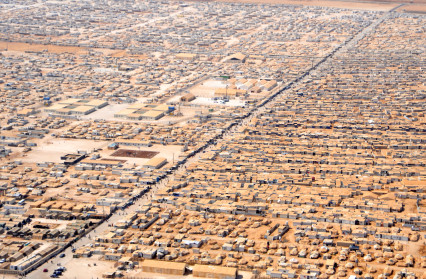Last weekend I was enjoying a normal Saturday morning (29th August) with my family when, on checking Facebook, a series of pictures appeared on my ‘News Feed’. They were of a number of young children around the ages of my two boys, and they were face down in the sand having been washed up from a capsized refugee boat in the Mediterranean. When I saw these images it was like time stopped and all the noise of the morning somehow disappeared into the background.
I sat with these images in my head for a while as if paralysed, not really knowing what to do with them. Then gradually I began to think about sharing them with others. I thought long and hard about this because I did not want to be voyeuristic, and there are issues with sharing images of children. In the end I decided that my reaction to the photos had been so visceral that others needed to see these as it really brought home the horror that is happening on the shores of our continent.
Since then a number of other images of dead refugee children have appeared on social media, and latterly through news outlets. Many have been just as shocked as I was, with the result that calls to accept more refugees becoming stronger and more widespread; with politicians of all parties calling on the government to do more.
The government initially appeared to be unmoved and on Thursday morning we got the striking contrast of the majority of national newspapers carrying the tragic pictures of a dead three year old Syrian boy, Aylan Kurdi, along with quotes from David Cameron saying that taking in refugees (he continued to use the term migrants) will not solve the crisis.
For most of us this completely missed the point, but perhaps only because we were suddenly moved to call for action…before then myself, and many others of us, had done nothing to pressurize the government into action.
What many of us suddenly realized was that while this crisis is most definitely not going to be solved if we take in more refugees, it was our moral obligation as a nation was to welcome refugees to our large island in at least the tens of thousands. Contrast this with the fact that the UK has only taken in 216 Syrian refugees since last year and we see how embarrassing and reprehensible the, until then broadly accepted, British response to this crisis had been (as has been the attempt to try to increase the figures to around 5000 by including those Syrians who were already living here before the crisis).
Even though the government has, to some extent, bowed to pressure and agreed to take in more refugees I would argue that it has done so grudgingly, in a manner that should surely lead us to once again question its moral compass. Furthermore, the selection of people by British officials from camps far away has a certain whiff of colonialism about it.
But is the Cameron government’s moral compass really that faulty, or has it been, up to last week at least, a fair reflection of the belief of British society (or at the very least English society) at large?
Since the turn of the century, and I am generalizing here, the British attitude towards foreigners coming to this country has become increasingly paranoid. The media and successive governments, of all political persuasions, along with the majority of the print media have been conflating the terms ‘refugee’, ‘migrant’, ‘immigrant’ and ‘asylum seeker’ in a negative manner encouraging us to fear ‘the other’ and portray ‘them’ as people coming over here to screw us over by taking our jobs and/ or benefits.
From the ‘bogus asylum seekers’ of the Tories to Labour’s ‘tough on immigration’ mug we have seen politicians take the easy way out when it comes to accepting people into our country. This give the impression that it is only the minority that are genuinely seeking asylum, and even then we put them in camps run by companies for profit.
In short we have been failing to have a mature conversation about accepting people into Britain for years to the extent that we have turned a blind eye to all sorts of tragedies as they have unfolded: over 2500 refugees dead fleeing towards Europe on boats and in airless vans; and millions upon millions dead and displaced around the Middle East.
We have ignored the desperation of people willing to risk their lives, and those of their families, because we do not want their lives impinging on our own. As the same time we congratulate ourselves on our generosity: giving money to alleviate suffering provided it is kept at arms’ length.
We have looked the other way until we have been faced with images that are so unbelievably heartbreaking that they finally insist that we do something about it, and pressurize those in authority to do so. Until that point there was little widespread condemnation. Little enough that the Government did not feel it had to respond.
In the last week we the people have woken up to a few realities and seized the political agenda. But is this going to be the beginning of a new acceptance of the horrific suffering of those fleeing a most unimaginable horror; or will we meekly accept the limited actions of our politicians who will most likely prevaricate on the issue until the spotlight moves elsewhere?
I would like to think that we could re-establish ourselves as a nation that is welcoming and empathetic, a people who demand more from those who seek to lead us. Only then can we begin to overcome the paranoia and cynicism that has led to so much inertia during this crisis so far.












